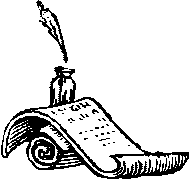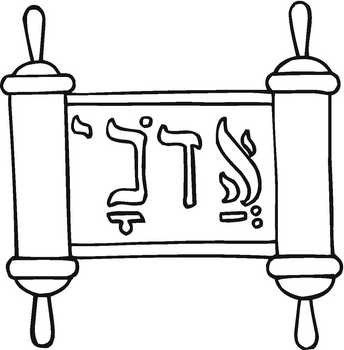 David's Deliberations . . .
David's Deliberations . . .
Being Led By the Truth
21 February 2021
By inspiration of God, the apostle Paul wrote, "Do not quench the Spirit; do not despise prophetic utterances. But examine everything carefully; hold fast to that which is good; abstain from every form of evil." (1 Thessalonians 5:21-22).
Claims of truth need to be challenged: "examine everything carefully." This is not quenching the Spirit nor despising prophecies, but rather a recognition that not all claims of truth are true. John wrote: "do not believe every spirit, but test the spirits to see whether they are from God, because many false prophets have gone out into the world." (1 John 4:1).
It is not quenching the Spirit to test what people claim is a revelation from God, in fact, the Bereans provide us a noble example of doing just that (Acts 17:11). They received the word which Paul had preached with great eagerness (that is, they paid careful attention to what Paul said), but they searched the Scriptures daily to see if what Paul taught was the truth. They examined Paul's message carefully in light of God's revealed word, for which they were commended as being "noble-minded."
In the twenty-first century, when examining all things in light of God's revealed word, we need to give people a fair hearing, search the Scriptures daily--looking at God's word in its entire context (cf. Psalms 119:160), and then to accept that which is in harmony with the apostles' teaching--rejecting that which is not (1 John 4:6; Acts 2:42).
Once we have tested and accepted the truth, we are obligated to "hold fast to that which is good" (1 Th 5:21). This means that we must apply the truth in our lives, beginning with a prayerful attitude (like David; Psalms 86:11), and a meek spirit (cf. James 1:21) that will allow the word of God to be planted and take hold in our hearts. To do otherwise would be to "quench the Spirit."
This application of the truth, of course, involves right actions, not just right words. For example, "let us not love with word or with tongue, but in deed and truth" (1 John 3:18).
In short, we must be doers of the Word (truth), not hearers only (James 1:22-25), walking in the truth, which delights those who see us (2 John 4; 3 John 3-4).
We must also "abstain from every form of evil" (1 Thessalonians 5:22; NKJV; NASB). The King James Version has "appearance" instead of "form," leading many commentators to conclude that we must always abstain from that which may "seem" to be wrong (see Barnes, Clarke). However, Jesus did things that "appeared" to be wrong: for example, eating with sinners which appeared to be toleration of their evil deeds (Matthew 9:11).
The Greek word is eidous -
As commonly explained, abstain from everything that even 'looks like' evil. But the word signifies 'form or kind.' Compare Luke 3:22; John 5:37, and see nearly the same phrase in Joseph. 'Ant. x. 3, 1.' It never has the sense of 'semblance.' Moreover, it is impossible to abstain from everything that looks like evil." (Vincent's Word Studies)
We may accomplish this abstaining from all kinds of evil by taking heed to both our thoughts and our actions. We must be thinking on things that are true (Philippians 4:8) and walking righteously and speaking uprightly (Isaiah 33:15-16).
We must therefore have the prayer and attitude of David regarding God's truth: "Lead me in Your truth and teach me, For You are the God of my salvation; On You I wait all the day." (Psalm 25:5)
—David Carl Swanson

